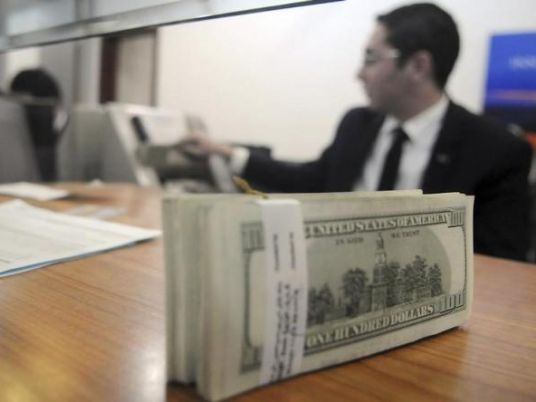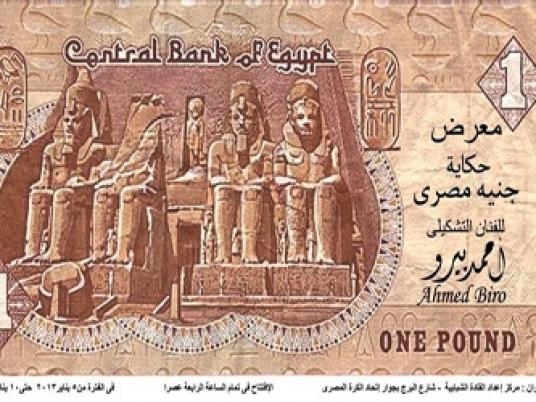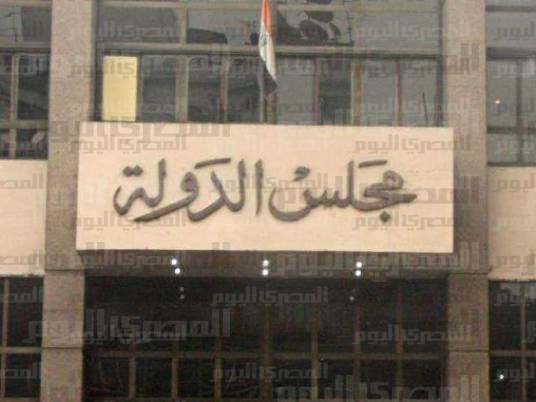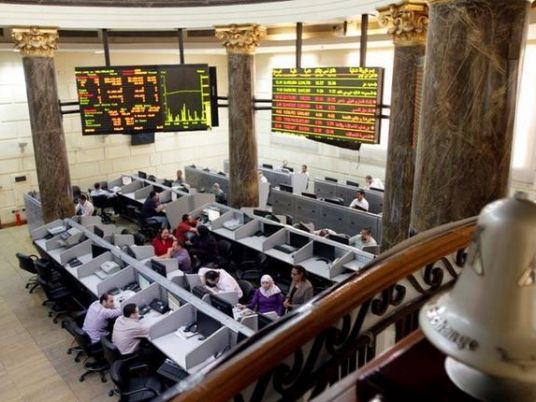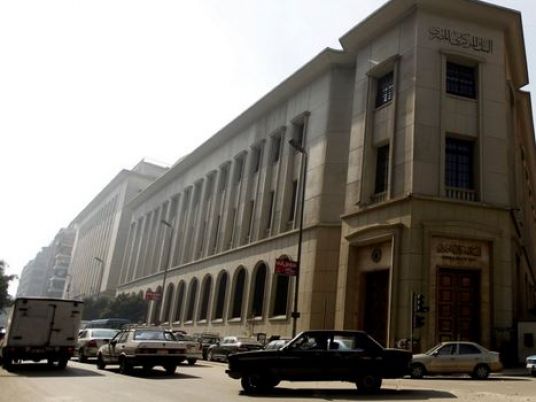
Egypt's current account deficit widened to $12.2 billion in the fiscal year that ended in June from $2.7 billion the previous year, partly due to falls in exports and net official transfers, central bank data showed on Wednesday.
Gulf Arab countries gave Egypt about $35 billion in aid in the form of oil shipments, cash grants and deposits in Egypt's central bank since former army chief Abdel Fattah al-Sisi deposed Islamist President Mohamed Mursi after mass protests in 2013.
The 2014/15 fiscal year ended at the end of June.
The current account deficit widened to $3.8 billion in the three months to June, the fourth quarter of the fiscal year, compared with $2.2 billion in the previous year, Reuters calculations showed.
The widening deficit was driven by a 13.9 percent rise in the trade deficit to $38.8 billion from $34.1 billion a year earlier. Exports dropped to $22.1 billion from $26.1 billion a year earlier, the central bank said.
"The contraction in exports ($4 billion) was traceable to the drop of $3.7 billion in oil export proceeds… in the wake of the fall in global oil prices," it said.
Net official transfers, including cash and commodities, fell to $2.7 billion for the year from $11.9 billion a year earlier.
Official transfers refer to money coming into or out of the country, such as in the form of grants.
Saudi Arabia, the United Arab Emirates and Kuwait have given around $35 billion in aid to Egypt in the form of oil shipments, cash grants and deposits in Egypt's central bank since the army deposed Islamist president Mohamed Mursi in 2013 following protests.
Foreign direct investment rose to $6.4 billion in the year compared with $4.1 billion a year earlier.
Revenues from tourism, a major source of income for Egypt, rose to $7.4 billion for the year compared with $5.1 billion a year earlier.
(Reporting by Asma Alsharif; Editing by Michael Georgy and Hugh Lawson)

